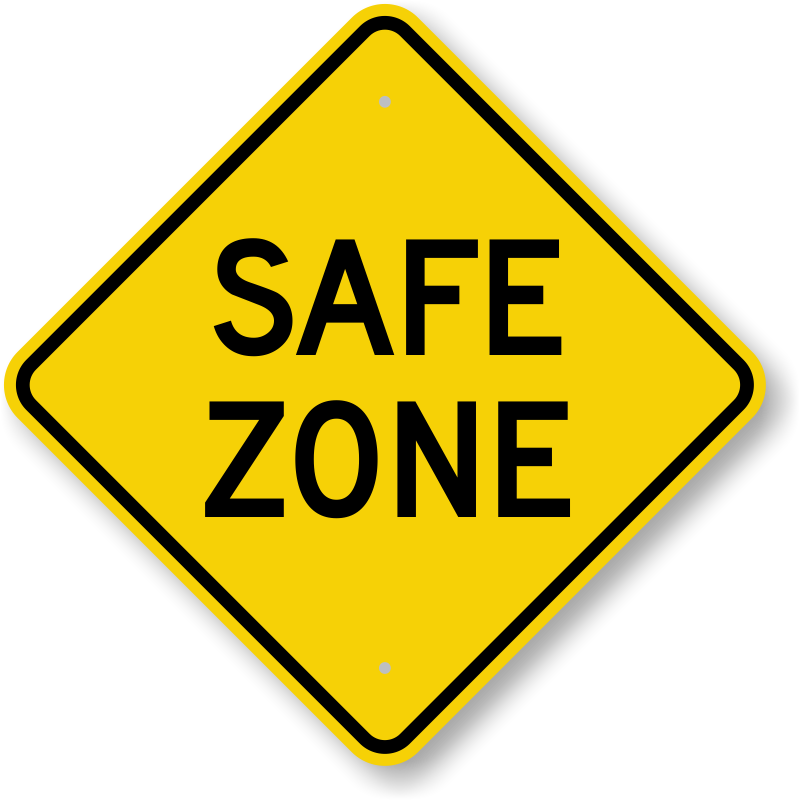Safe Air Travel: Navigating the Skies with Confidence
Air travel has become an integral part of modern life, connecting people across continents for business, leisure, and everything in between. While flying is statistically one of the safest modes of transportation, it’s natural to have concerns about health, security, and overall well-being while navigating airports and airplanes. This article provides an in-depth look at practical tips and strategies to ensure a safe and comfortable journey from takeoff to landing.
Introduction: Prioritizing Safety in the Skies
In a world that’s more interconnected than ever, air travel is a common and efficient way to explore new destinations, conduct business, and visit loved ones. However, with the increase in air travel comes a heightened awareness of potential risks and challenges. Safety in the skies is a shared responsibility, involving airlines, airports, and passengers alike. By understanding potential hazards and taking proactive measures, you can significantly enhance your travel experience and minimize risks.
Pre-Flight Preparations: Setting the Stage for a Safe Journey
Your safety journey begins well before you arrive at the airport. Thoughtful preparation can make a significant difference.
- Health Check-up:
- If you have pre-existing health conditions, consult your doctor before flying.
- Ensure you have any necessary medications and a copy of your prescription.
- Travel Insurance:
- Invest in comprehensive travel insurance that covers medical emergencies, trip cancellations, and lost luggage.
- Vaccinations:
- Check the Centers for Disease Control and Prevention (CDC) or the World Health Organization (WHO) websites for recommended vaccinations and health advisories for your destination.
- Pack Smart:
- Adhere to airline baggage restrictions and guidelines.
- Keep essential items like medications, travel documents, and valuables in your carry-on luggage.
- Documentation:
- Ensure your passport, visa (if required), and other travel documents are valid and easily accessible.
- Make copies of important documents and store them separately.
At the Airport: Navigating Security and Crowds
Airports can be bustling, high-stress environments. Staying alert and following procedures is crucial.
- Security Screening:
- Be prepared for security checks. Remove shoes, belts, and electronic devices as instructed.
- Declare liquids, gels, and aerosols in a clear plastic bag.
- Cooperate with security personnel and follow their instructions.
- Stay Informed:
- Monitor flight information displays for gate changes, delays, or cancellations.
- Download your airline’s app for real-time updates and notifications.
- Personal Safety:
- Be aware of your surroundings and report any suspicious activity to airport staff.
- Keep your belongings secure and avoid leaving them unattended.
In-Flight Safety: Staying Healthy and Comfortable
Once you’re on board, several factors can impact your safety and well-being.
- Seat Belt Safety:
- Keep your seat belt fastened whenever you’re seated, even when the seat belt sign is off.
- Turbulence can occur unexpectedly, and seat belts provide essential protection.
- Hydration and Nutrition:
- Drink plenty of water to stay hydrated. Cabin air can be very dry.
- Avoid excessive alcohol and caffeine, which can dehydrate you and disrupt sleep.
- Pack healthy snacks to avoid relying solely on airline food.
- Cabin Air Quality:
- Airplanes use sophisticated filtration systems to circulate air and remove pollutants.
- Adjust the overhead air vent to direct airflow and improve ventilation.
- Deep Vein Thrombosis (DVT) Prevention:
- Prolonged sitting can increase the risk of DVT, a condition where blood clots form in the legs.
- Get up and walk around the cabin every few hours.
- Perform simple leg exercises while seated, such as ankle rotations and calf raises.
- Consider wearing compression socks to improve circulation.
- Emergency Procedures:
- Pay attention to the pre-flight safety briefing.
- Locate the nearest emergency exits and familiarize yourself with evacuation procedures.
COVID-19 and Air Travel: Adapting to the New Normal
The COVID-19 pandemic has significantly impacted air travel. Here’s how to stay safe in the era of COVID-19:
- Masking:
- Follow airline and airport guidelines regarding mask-wearing.
- Wear a high-quality mask (N95 or KN95) for optimal protection.
- Hand Hygiene:
- Wash your hands frequently with soap and water or use hand sanitizer.
- Avoid touching your face, especially your eyes, nose, and mouth.
- Social Distancing:
- Maintain social distance from others whenever possible.
- Consider boarding and deplaning during less crowded times.
- Health Monitoring:
- Monitor yourself for symptoms of COVID-19 before, during, and after your trip.
- If you feel unwell, postpone your travel plans and seek medical advice.
Mental Well-being: Managing Anxiety and Stress
Flying can be stressful for some individuals. Here are some tips for managing anxiety:
- Relaxation Techniques:
- Practice deep breathing exercises, meditation, or mindfulness to calm your nerves.
- Listen to calming music or podcasts.
- Distraction:
- Engage in activities that distract you from your anxiety, such as reading, watching movies, or playing games.
- Communicate:
- Talk to a flight attendant or a trusted travel companion about your concerns.
- Professional Help:
- If you have a severe fear of flying (aviophobia), consider seeking professional help from a therapist or counselor.
Conclusion: Empowering Safe and Enjoyable Air Travel
Air travel is a remarkable feat of engineering and logistics, connecting people and cultures across the globe. By taking proactive steps to prioritize safety, you can enhance your travel experience and minimize potential risks. From pre-flight preparations to in-flight precautions and mental well-being strategies, these tips can empower you to navigate the skies with confidence and enjoy a safe and memorable journey. As air travel continues to evolve, staying informed and adaptable will be key to ensuring your safety and well-being in the skies.


Leave a Reply